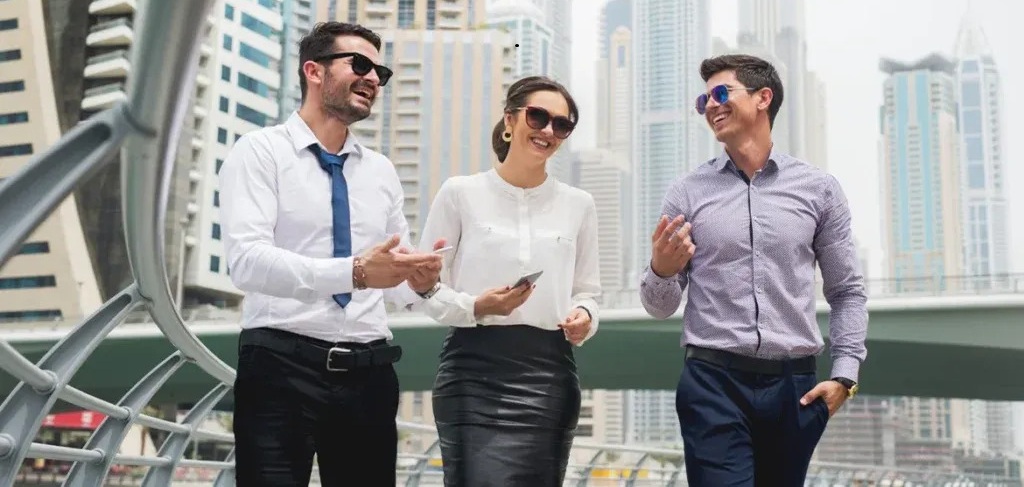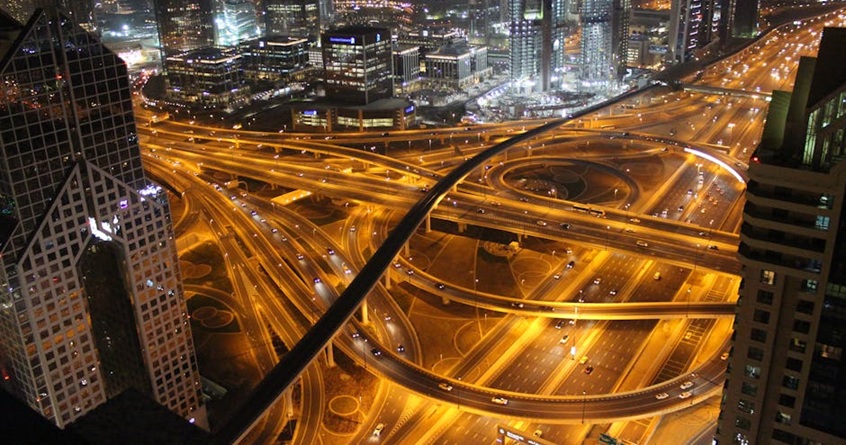Brewing Big in Dubai – Inside the City’s Exploding Coffee Culture
Tuesday, 15 July 2025
Dubai’s coffee culture is more than just café hopping—it’s a booming lifestyle trend reshaping how residents and visitors consume one of the world’s favorite beverages. Once rooted in tradition, the emirate’s coffee scene has transformed into a thriving blend of heritage, innovation, and global influence.
Table of Contents
- From Traditional Roots to a Trendy Buzz
- How Dubai Became a Global Coffee Capital
- The Rise of the Third-Wave Coffee Movement
- Why Coffee Is Booming in Dubai
- Challenges in a Saturated Market
- Frequently asked questions
From Traditional Roots to a Trendy Buzz
Long before baristas perfected latte art in Dubai’s Instagrammable cafés, coffee was an essential part of Emirati hospitality. Dating back to around 1200, coffee—specifically Gahwa (Arabic coffee)—was brewed with spices like cardamom and served during gatherings to symbolize warmth and generosity.
This deep-rooted tradition has not only endured but expanded alongside Dubai’s fast-paced urban development. With a growing population and multicultural demographics, the city now supports a coffee ecosystem that spans from traditional Majlis-style servings to artisanal third-wave roasters.
How Dubai Became a Global Coffee Capital
Dubai’s rise as a coffee hub began in the 1990s when international chains such as Dunkin’ Donuts (1997), Costa Coffee (1999), and Starbucks (2000) entered the market. These outlets introduced the convenience of fast, customizable, and takeaway coffee, catering to the city’s on-the-go professionals and tourists.
By 2018, over 1,000 branded coffee shops operated in the UAE, and market studies from Allegra World Coffee Portal suggested there was still room for significant growth—with 88% of industry experts expressing optimism about expansion.
The Rise of the Third-Wave Coffee Movement
The 2000s marked the beginning of Dubai’s specialty coffee boom. Fueled by expat entrepreneurs and growing demand for quality, locally roasted beans, third-wave coffee took off with names like:
- Raw Coffee Company (2007): Founded by New Zealander Kim Thompson, it was one of the pioneers in roasting ethically sourced beans in the UAE.
- Coffee Planet (2005): A UAE-born brand that later expanded into the UK.
- Orbis Coffee (2006): A key supplier for the hospitality sector.
- Tom & Serg (2013): The first Melbourne-inspired café, seen as a catalyst for the artisanal café scene in Dubai.
These coffeehouses elevated the standard of brewing, turning café visits into curated experiences focused on origin, flavor profiles, and brewing techniques.
Why Coffee Is Booming in Dubai
Several factors are fueling this coffee renaissance:
- Multicultural Influence: Dubai’s population includes residents from Europe, Australia, the US, and beyond—each bringing unique café styles and tastes.
- Innovation & Technology: From drive-thru locations to trial services like Costa’s “Coffee-copter” drone delivery, Dubai embraces novelty.
- Location Matters: According to Allegra research, 75% of industry executives say location outranks even coffee quality and service in driving shop success.
- Luxury Lifestyle: Dubai consumers crave premium experiences—single-origin beans, nitro cold brew, and aesthetic café interiors are key attractions.
Challenges in a Saturated Market
With hundreds of coffee outlets, competition is intense. More than half of industry insiders cite competitive pressure as the top challenge in the UAE’s coffee market. Despite this, new cafes continue to pop up—proving that demand still outpaces supply.
Even as major players dominate, independent cafés continue to thrive by offering unique experiences, community events, and storytelling around their coffee sources.
Dubai’s coffee culture has grown from desert-rooted rituals to one of the Middle East’s most dynamic urban café scenes. Whether you’re sipping a traditional Gahwa or indulging in a cold brew with oat milk, one thing is clear: in Dubai, coffee isn’t just a drink—it’s a booming lifestyle movement.
Frequently Asked Questions (FAQs)
What is the origin of coffee culture in the UAE?
Coffee culture in the UAE dates back to around 1200, rooted in the traditional serving of Arabic coffee (Gahwa) with dates. It has long symbolized hospitality and respect in Emirati households.
What makes Dubai’s coffee scene unique?
Dubai’s coffee scene blends traditional Arabic brewing with global café concepts. It’s shaped by a multicultural population, tech-driven innovations, and a strong preference for premium, Instagram-worthy coffee experiences.
What is third-wave coffee, and how has it impacted Dubai?
Third-wave coffee focuses on quality, sustainability, and artisanal brewing methods. In Dubai, it has led to the rise of specialty cafés like Raw Coffee and Tom & Serg, which emphasize bean origin and craft preparation.
Which international coffee chains were first to open in Dubai?
Major brands like Dunkin’ Donuts (1997), Costa Coffee (1999), and Starbucks (2000) were among the first to enter the UAE, helping popularize the idea of quick, takeaway coffee in the city.
Is there still growth potential in Dubai’s coffee market?
Yes, according to industry studies, over 88% of coffee executives believe there’s still room for expansion in the UAE’s branded coffee shop sector, especially in offering unique experiences and niche concepts.





